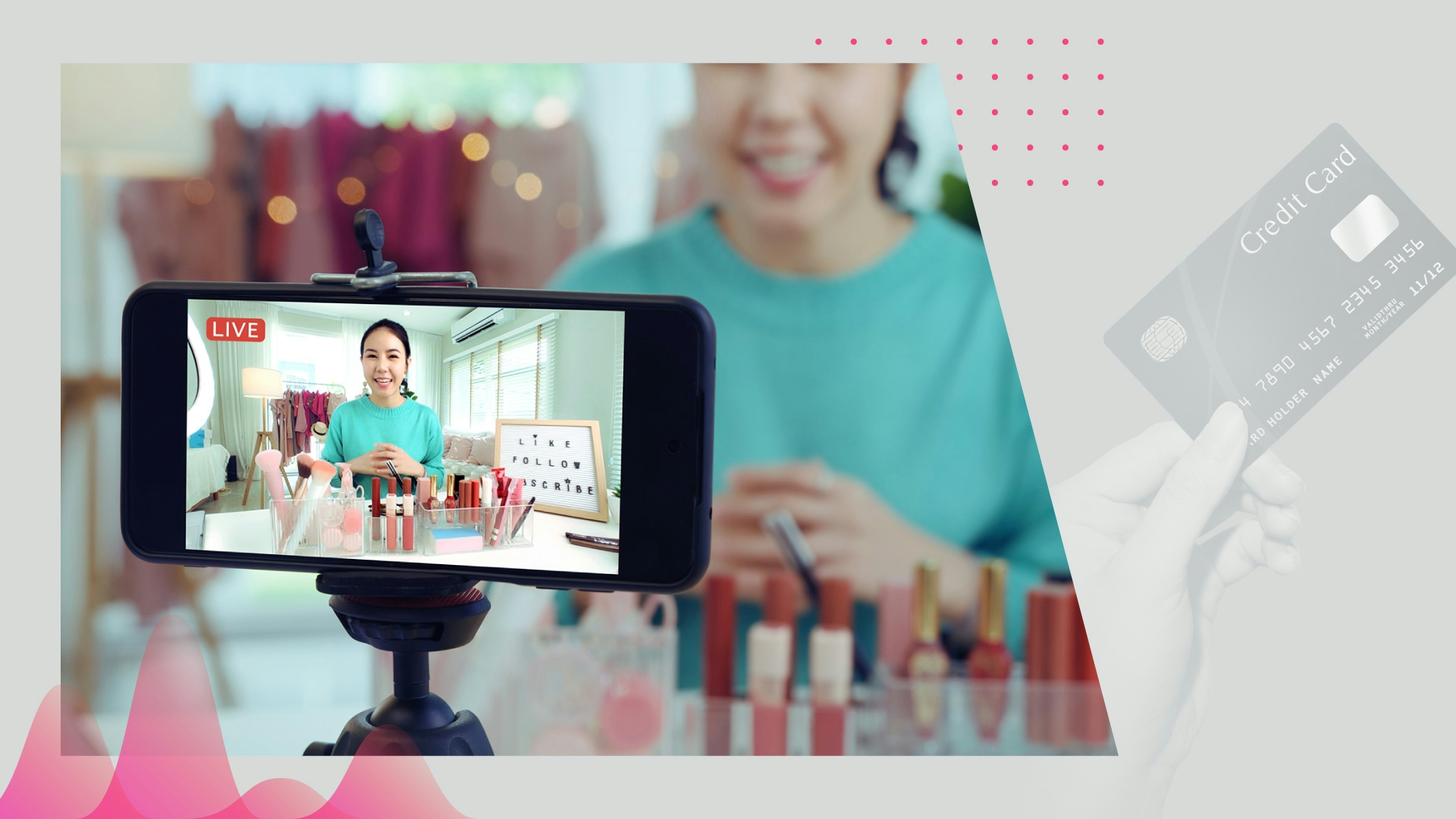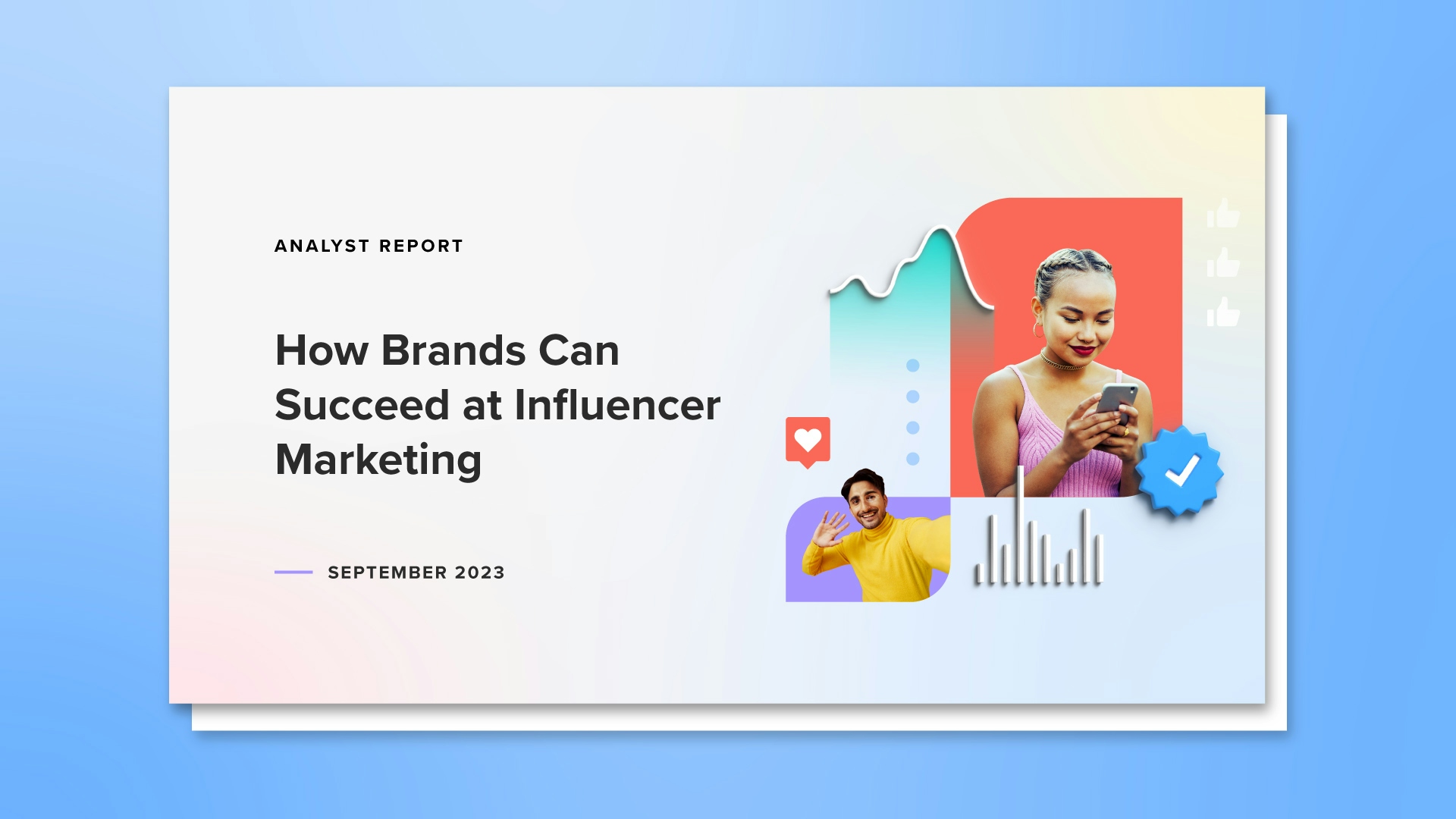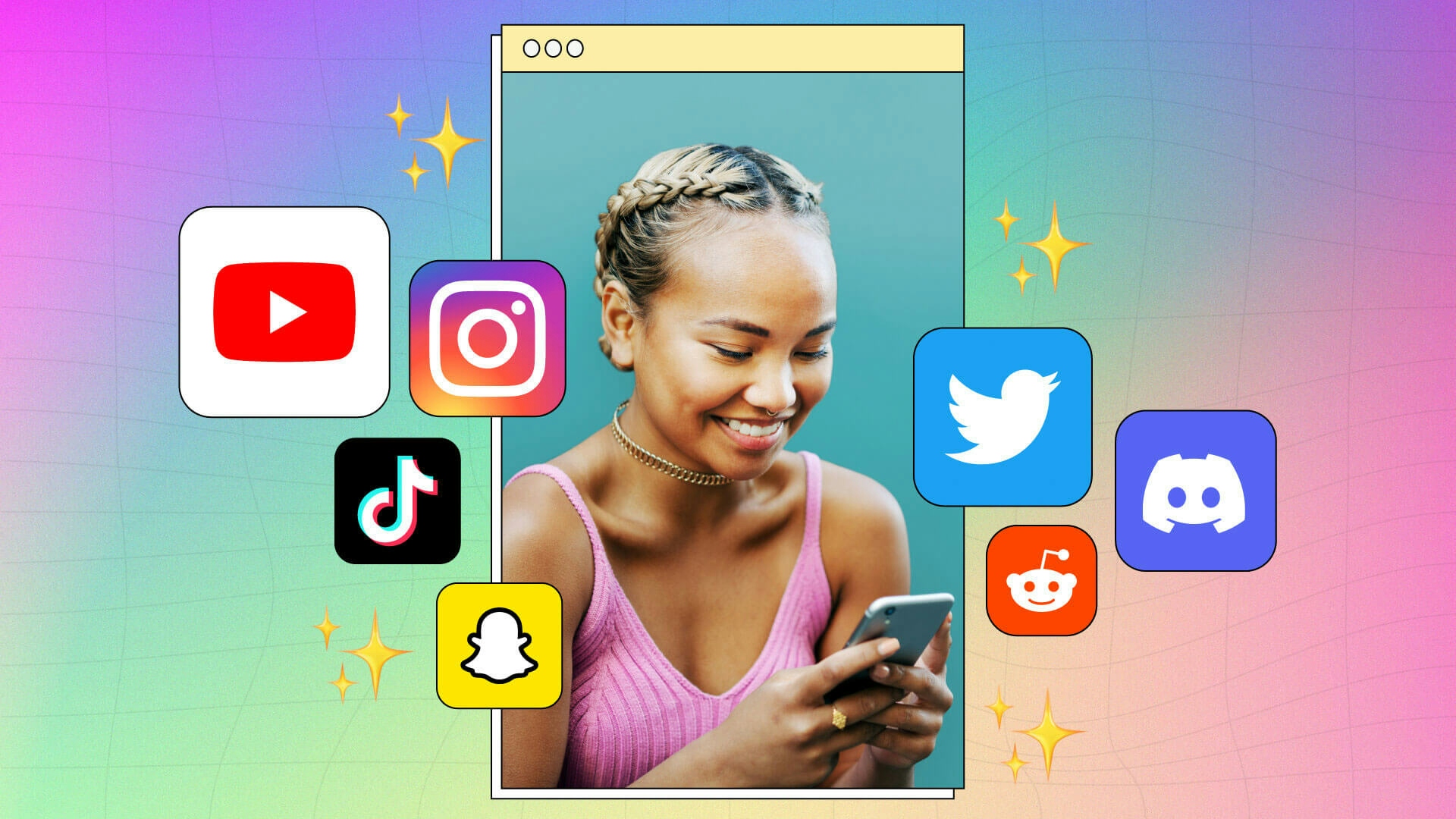Consumers Love Influencer Brands, and Selena Gomez’s Rare Beauty Leads the Way

Key Takeaways
Nearly one-third of U.S. adults (30%) said they have purchased a product from a brand founded by a social media influencer, with that figure rising to 53% and 47% for Gen Z adults and millennials, respectively.
Selena Gomez’s Rare Beauty and MrBeast’s MrBeast Burger stand out as the most popular among 15 influencer-founded brands included in our survey, though overall awareness was highest for Kim Kardashian’s SKIMS.
Shoppers are largely satisfied with influencer brand products: An overwhelming majority (80%) expressed willingness to buy again, and a plurality (47%) rated their shopping experience as better than that offered by traditional brands, suggesting creator brands have a clear growth path.
Data Downloads
With robust sample sizes, Morning Consult’s public opinion data can be analyzed by specific demographics, such as gender, generation, political party, income, race and more. Please contact [email protected] to purchase this data.
Influencers are all but ubiquitous in 2023. They’re entertainment engines, aspirational tastemakers and, perhaps more than anything else, effective product pushers. These characteristics — paired with the growing importance of social media virality to consumers’ purchasing decisions — have made influencers almost an essential part of the marketing mix for most major brands.
Still, many social media stars get the itch to start their own brands, and often do so in the same categories they’re already getting paid to promote. Despite several inhibiting factors — like discourse about the ethics of influencing and rapid change on social platforms — new Morning Consult research suggests that consumer engagement with and appetite for influencer brands is quite strong.
With nearly a third of U.S. adults (30%) reporting that they’ve made a purchase from an influencer-founded brand at some point, the space is well on its way to finding mainstream appeal. Further growth will undoubtedly be fueled by young consumers, who are much more likely to shop from and follow influencers than older generations.
Specific demographics at scale: Surveying thousands of consumers around the world every day powers our ability to examine and analyze perceptions and habits of more specific demographics at scale, like those featured here.
Why it matters: Leaders need a better understanding of their audiences when making key decisions. Our comprehensive approach to understanding audience profiles complements the “who” of demographics and the “what” of behavioral data with critical insights and analysis on the “why.”
Support from the Gen Z and millennial cohorts has already turned several influencer brands into bona fide juggernauts. One such example is actor Selena Gomez’s makeup line, Rare Beauty, which is on track to exceed $300 million in sales in 2023 and had the highest net favorability of 15 influencer brands that we tested by a wide margin. (“Net favorability” is the share of respondents with a favorable opinion minus the share with an unfavorable opinion.) While not the norm, breakaway successes like Rare Beauty and Kim Kardashian’s $4 billion apparel brand SKIMS will continue to set the tone for what’s possible for influencer brands.
Influencer brand shoppers are young and online
Along with millennials and Gen Z adults, people who spend four or more hours per day on social media are most likely to have purchased an item from an influencer-created brand. And there’s overlap between these demographics and those participating in dupe culture, another social-first shopping trend.
Over Half of Gen Z Adults Have Purchased From an Influencer Brand
When asked how important certain factors are when deciding whether to buy from an influencer brand, baseline attributes like quality and price rose to the top for U.S. adults. However, over two-thirds of young and very online consumers cited “the aesthetic of the brand” as another meaningful purchase driver. This aligns with previous Morning Consult research that found most Gen Z adults and millennials have made a purchase because of a logo alone. The data also uncovered a preference among younger shoppers for simple and retro-feeling visual identities, which many internet-born brands have embraced.
In our latest survey, U.S. adults expressed high interest in buying influencer brand products in the food & beverage (50%), apparel (50%) and beauty (44%) categories. The latter two are unsurprising given their topical alignment with perpetually popular online content formats. The former, though, feels more significant: Food & beverage is a category populated by many long-established brands that enjoy high trust from consumers. The fact that half of U.S. adults are interested in food & beverage products touted by influencers is a testament to these individuals’ growing impact on American shopping culture.
Gomez and MrBeast dominate among influencer brands
The actor turned singer and the YouTube superstar ranked first and second in net favorability, respectively, as did their brands, Rare Beauty and MrBeast Burger. Both ventures are likely benefitting from their founders’ status as internet icons: Gomez is the third most followed person on Instagram, while MrBeast has the most subscribers of any individual YouTuber (he also happens to be Gen Z’s favorite content creator). But what sets these savvy social media stars apart is their knack for leveraging their massive followings and digital-first expertise.
Rare Beauty is a consistent first mover on up-and-coming platforms, using these often more intimate spaces to directly engage with and gather feedback from customers, which the company then uses to inform future product development. And as a totally virtual brand that can operate out of existing kitchens across the country, MrBeast Burger has been able to raise considerable awareness and scale quickly at relatively low cost.
Most Influencers’ Brands Are More Popular Than They Are
U.S. adults’ reported purchase consideration was also highest for Rare Beauty (38%) and MrBeast Burger (36%). And unsurprisingly, purchase consideration for most of the influencer brands was higher among younger consumers and heavy social media users.
In a broader sign of the influencer economy’s potential upside, U.S. adults were much more likely to associate positive words like “innovative” (36%) and “trustworthy” (35%) with influencer brands than negative ones like “boring” (21%) and “untrustworthy” (21%).
Perhaps the most compelling evidence that influencer-owned brands have a promising future, however, is their high customer satisfaction. A staggering 80% of influencer brand customers said they would likely make the same purchase again, and nearly half (47%) said their shopping experience with such brands was better than with noninfluencer brands. This early success may compel influencer labels to position themselves as superior or more reliable alternatives to other brands popular among young, online consumers — especially fast-fashion retailers like Shein and Zara, which have come under heightened scrutiny in 2023.
Influencers to brands and back again
Consumers’ largely sunny views of influencer brands needn’t threaten heritage brands. In fact, their arrival on the scene presents new marketing opportunities.
A recent Morning Consult analysis of Mattel’s Barbie reinvention concluded that one reason for the campaign’s success was placing the iconic but somewhat dated doll in novel contexts through an extensive series of partnerships. This surprised and delighted existing Barbie fans while also introducing the brand to swaths of new consumers.
A similar outcome can be achieved when traditional organizations collaborate with influencer-owned ones. Such partnerships give the latter group access to a broader audience and the former group a coveted association with innovation and forward thinking. For proof, look no further than the ample praise heaped on the NBA after the league announced in November that Kim Kardashian’s SKIMS would be its official underwear partner.
This is a formula that will likely be replicated as Gen Zers move into adulthood and supplant millennials as the dominant consumer group, eager to take influencers — and any brands they launch — along with them.
Ellyn Briggs is a brands analyst on the Industry Intelligence team, where she conducts research, authors analyst notes and advises brand and marketing leaders on how to apply insights to make better business decisions. Prior to joining Morning Consult, Ellyn worked as a market researcher and brand strategist in both agency and in-house settings. She graduated from American University with a bachelor’s degree in finance. For speaking opportunities and booking requests, please email [email protected].


